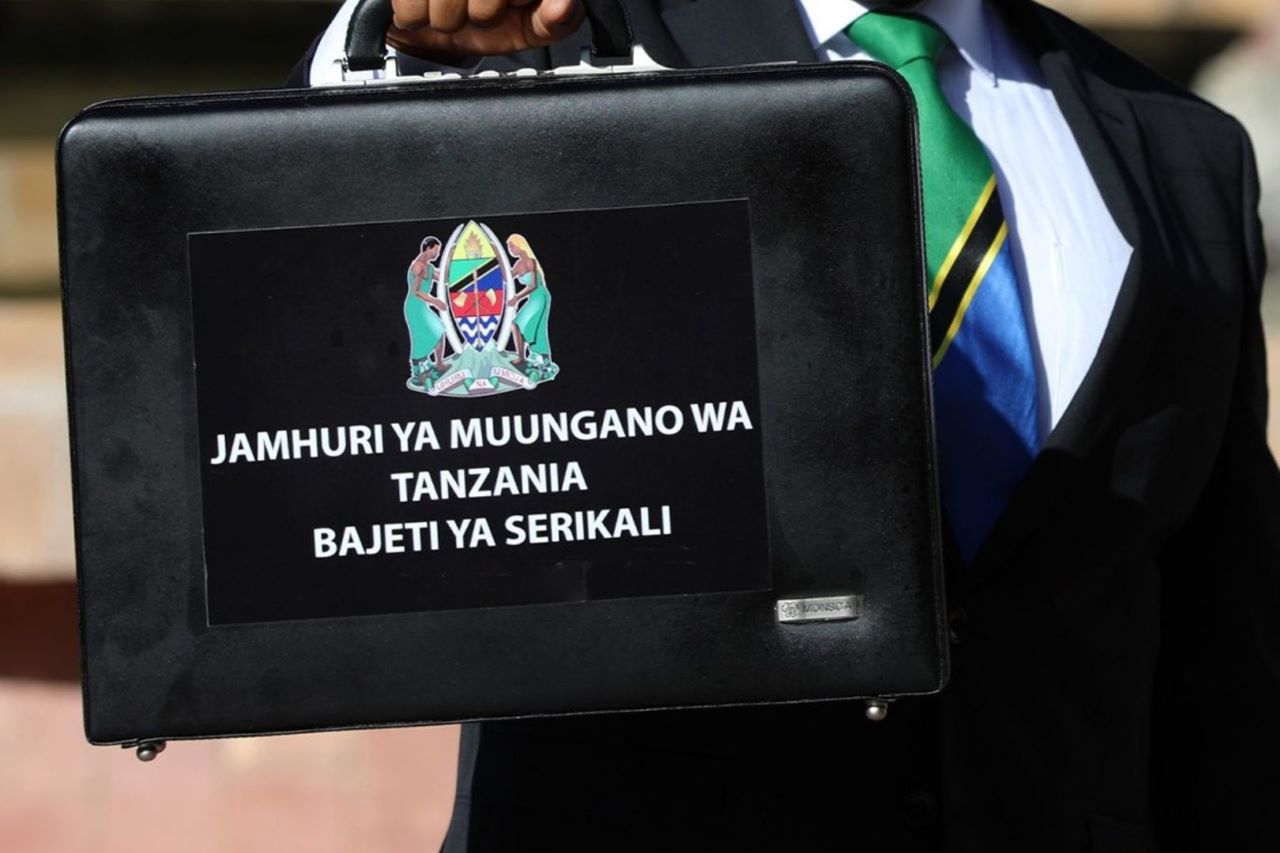TAMISEMI Budget Implementation and Planning: 2023/2024 Review and 2024/2025 Projections
Revenue and Expenditure
Revenue:
- The budget allocated for TAMISEMI for the fiscal year 2023/24 was TZS 9.18 trillion.
- As of March 2024, the total revenue collected was TZS 6.99 trillion, which is 76.18% of the approved budget.
Expenditure:
- Of the collected revenue, TZS 4.47 trillion was used for recurrent expenditures, including TZS 3.66 trillion for salaries and TZS 810.77 billion for other expenses.
- Development projects received TZS 2.52 trillion, comprising TZS 2.06 trillion from domestic sources and TZS 456.39 billion from external sources.
- Additionally, TZS 848.14 billion was generated from local government revenue, with TZS 501.98 billion spent on other expenditures and TZS 226.05 billion on development projects.
Successes and Challenges in Budget Implementation for 2023/2024
Successes:
- Local Government Elections Preparation:
- TZS 12.00 billion was allocated for local government election preparations, of which TZS 5.6 billion was received by March 2024.
- Activities included verifying administrative areas, drafting regulations, and conducting stakeholder meetings.
- Education Sector:
- TZS 1.72 trillion was allocated for primary and secondary education through grants from the central government and development partners.
- TZS 1.26 trillion was received by March 2024, facilitating various educational activities.
- The primary education program registered 19,863 students, and significant achievements were noted in national exams with improved pass rates.
Challenges:
- Delays in fund disbursement affected the timely execution of some planned activities, especially those involving procurement processes.
Budget Plan for 2024/2025
Revenue and Expenditure
Revenue Projections:
- The Office of the President - TAMISEMI, along with its subordinate institutions, 26 regions, and 184 councils, plans to collect a total of TZS 1.601 trillion from domestic sources in the 2024/25 fiscal year.
- Breakdown of the revenue projections:
- Office of the President - TAMISEMI: TZS 188.96 billion
- Institutions: TZS 55.43 billion
- Regions: TZS 315.94 million
- Councils: TZS 1.356 trillion.
Expenditure Allocations:
- The total budget request for the 2024/25 fiscal year is TZS 10.125 trillion.
- Of this amount, TZS 6.71 trillion is allocated for recurrent expenditures, including TZS 5.52 trillion for salaries and TZS 1.18 trillion for other expenses.
- The development budget is TZS 3.41 trillion, with TZS 2.26 trillion from domestic sources and TZS 1.15 trillion from external sources.
Key Priorities for 2024/25
- Enhancing Local Government Administration:
- Significant investments in administrative infrastructure and housing for leaders to improve governance and service delivery.
- Improving Primary and Secondary Education:
- Allocation of funds to ensure better educational facilities and resources, aiming to enhance the quality of education and student performance.
- Investing in Health Services:
- Funds allocated for primary healthcare, social welfare, and nutrition programs to improve public health outcomes.
- Infrastructure Development:
- Investments in road construction and maintenance, information systems management, and economic empowerment of citizens to foster sustainable development.
These allocations and priorities reflect a comprehensive approach to addressing the needs of various sectors under TAMISEMI's jurisdiction, aiming to enhance overall service delivery and development outcomes in the regions and councils.
Local Government Authority Revenue
Revenue for the Fiscal Year 2023/2024
- Approved Revenue: TZS 1.14 trillion
- Actual Revenue (up to March 2024): TZS 848.14 billion
The revenue for Local Government Authorities increased from TZS 625.32 billion in March 2023 to TZS 848.14 billion in March 2024, indicating an increase of TZS 222.82 billion.
Revenue Projections for the Fiscal Year 2024/2025
- Projected Revenue: TZS 1.60 trillion
For the fiscal year 2024/25, Local Government Authorities aim to collect a total of TZS 1.60 trillion, which is an increase of TZS 456.89 billion or 39.93% compared to the approved revenue of TZS 1.14 trillion for the fiscal year 2023/24.
Challenges in Budget Implementation for 2024/2025
Based on the budget implementation of the fiscal year 2023/2024, several challenges could impact the budget execution for 2024/2025, focusing on Tanzania's economic growth:
- Delays in Fund Disbursement:
- Delays in the release of funds have historically affected the timely implementation of planned activities. This could continue to hinder progress, particularly for development projects that rely on timely funding.
- Revenue Collection Shortfalls:
- Despite efforts to improve revenue collection, actual revenues have often fallen short of projections. For 2023/2024, the revenue collected by Local Government Authorities was TZS 848.14 billion out of an approved TZS 1.14 trillion, showing a significant shortfall. Achieving the ambitious revenue target of TZS 1.60 trillion for 2024/2025 could be challenging.
- Economic Growth and External Shocks:
- Tanzania's economic growth could be impacted by external factors such as global economic conditions, commodity price fluctuations, and international trade dynamics. These factors can influence domestic revenue generation and economic stability.
- Inflation and Exchange Rate Volatility:
- Inflationary pressures and exchange rate volatility can affect the cost of goods and services, impacting both recurrent and development expenditures. This can lead to increased costs for government projects and services.
- Capacity and Efficiency in Public Administration:
- Enhancing local government administration requires significant investments in infrastructure and capacity building. Inefficiencies in public administration and management could impede the effective use of allocated funds and the execution of planned activities.
- Infrastructure and Service Delivery:
- Infrastructure development, especially in transportation and communication, remains a critical challenge. Inadequate infrastructure can limit economic growth and the delivery of essential services, affecting sectors such as education, health, and economic empowerment initiatives.
- Corruption and Governance Issues:
- Corruption and poor governance practices can undermine budget implementation by diverting funds away from intended projects and services. Strengthening transparency and accountability mechanisms is essential to mitigate these risks.
- Climate Change and Environmental Factors:
- Climate change poses a significant risk to Tanzania's economic growth, particularly in sectors such as agriculture, which is highly sensitive to weather patterns. Environmental degradation and natural disasters can disrupt economic activities and infrastructure.
